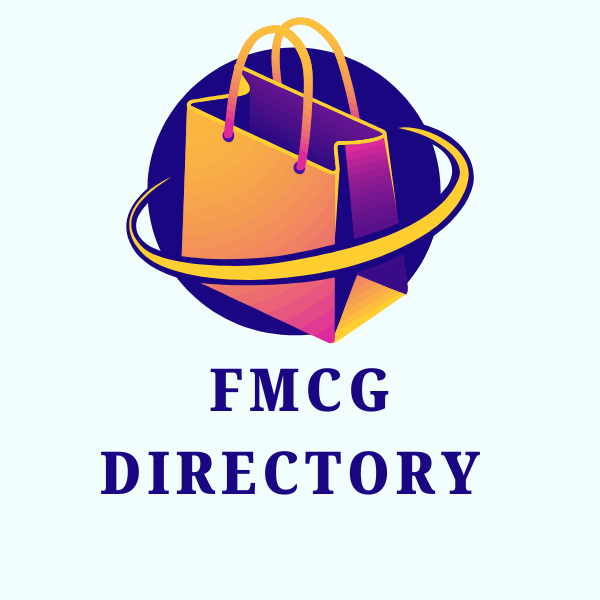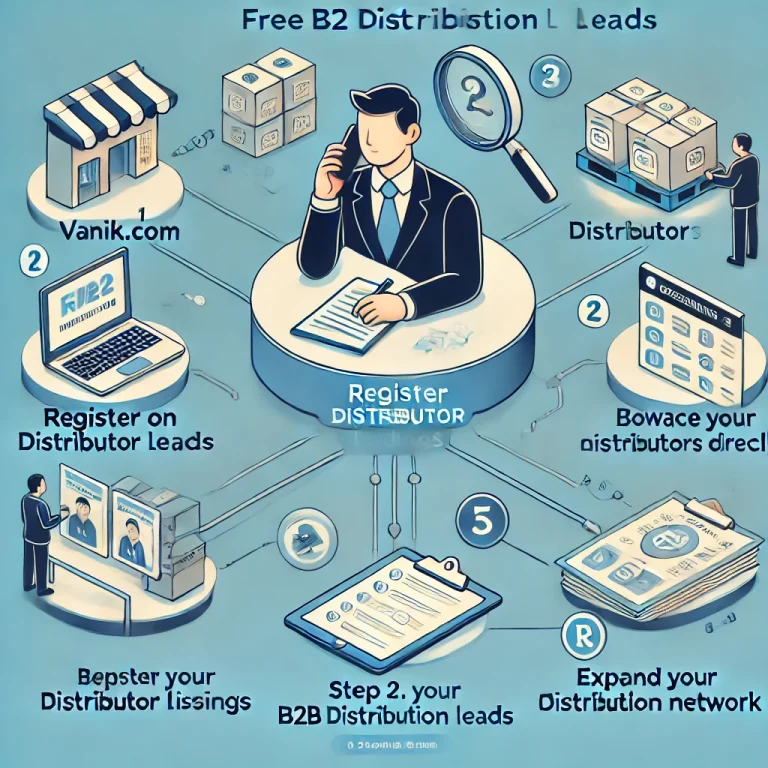Fast-Moving Consumer Goods (FMCG) are everyday products that people buy frequently, such as food, beverages, toiletries, and cleaning items. FMCG distributors play a crucial role in delivering these products to stores and markets. Finding the right distributors is essential for ensuring smooth operations and reaching customers effectively. In this article, we will explore how to find reliable FMCG distributors, evaluate them, and build lasting relationships. Let’s dive in!
Understanding FMCG Distribution Channels
FMCG products reach consumers through various distribution channels:
- Direct Distribution: The company delivers products directly to retailers or customers.
- Indirect Distribution: Involves intermediaries like wholesalers and distributors.
- Hybrid Distribution: Combines direct and indirect methods.
Distributors act as a bridge between manufacturers and retailers. They manage logistics, handle bulk orders, and ensure that products are available in the market on time. For example, a leading FMCG brand like Nestle uses a mix of direct and indirect channels to distribute its products worldwide.
Identifying Top FMCG Distributors
Finding top FMCG distributors requires thorough research. Here’s how you can do it:
1. Online Directories
Websites like vanik.com and Yellow Pages list reputable distributors. You can filter results by location and product category.
2. Industry Reports and Publications
Market research reports often list leading distributors in the FMCG sector. These reports provide insights into their performance and reputation.
3. Trade Associations
Organizations like the Federation of Indian Chambers of Commerce & Industry (FICCI) or the National Association of Wholesaler-Distributors can guide you to reliable distributors.
Criteria for Selecting Distributors
- Reputation: Look for distributors with positive reviews and a strong market presence.
- Experience: Ensure they have a proven track record in the FMCG sector.
- Product Range: Distributors offering a wide variety of products can simplify your supply chain.
Example:
A bakery business found success by partnering with a top FMCG distributor specializing in food products. The partnership increased their product availability in supermarkets, boosting sales.
Finding FMCG Distributors Near Me
To locate distributors near your area, try the following methods:
1. Online Search
Use Google Maps and online directories to find “FMCG distributors near me.” Filter results by customer ratings and proximity. Here is one directory of FMCG distributors

2. Social Media and Networking Platforms
LinkedIn and Facebook groups often feature local distributor listings and recommendations.
3. Local Trade Associations and Events
Attend trade fairs and networking events to meet potential distributors face-to-face.
Success Story:
A small grocery store discovered a reliable FMCG distributor through a local trade fair. The distributor’s prompt deliveries and competitive pricing helped the store grow.
Building Relationships with FMCG Distributors
Building strong relationships with distributors is essential for long-term success. Here are some tips:
1. Effective Communication
- Use clear and concise language in emails and calls.
- Schedule regular meetings to discuss goals and challenges.
2. Negotiation Techniques
- Agree on fair pricing and payment terms.
- Set clear expectations for delivery schedules and minimum order quantities.
3. Building Trust
- Deliver on promises and maintain transparency.
- Offer incentives like discounts for timely deliveries.
Case Study:
An FMCG company enhanced its relationship with a distributor by implementing a loyalty program. The distributor’s commitment improved, leading to better market coverage.
Evaluating FMCG Distributors
Regular evaluation helps ensure your distributors meet your expectations. Here’s how you can do it:
1. Performance Metrics
- Sales Growth: Track how their services impact your sales.
- Customer Satisfaction: Collect feedback from retailers about delivery reliability.
- Delivery Accuracy: Check if orders are fulfilled correctly and on time.
2. Monitoring and Evaluation Techniques
- Use software tools to track distributor performance.
- Schedule periodic reviews to discuss any concerns.
3. Addressing Issues
- Communicate openly to resolve conflicts.
- Consider switching distributors if problems persist.
Example:
A mid-sized FMCG company used a distributor evaluation checklist to identify inefficiencies. They addressed issues promptly, improving their overall supply chain.
Conclusion
Finding reliable FMCG distributors is crucial for business success. By understanding distribution channels, identifying top distributors, and building strong relationships, you can create a robust supply chain. Start implementing these strategies today to grow your business and reach more customers!


